Crambidae
80a0750 –
4984 Helvibotys pucilla
(Druce, 1895)
|
|
|
| Photographs are the copyrighted property of each photographer listed. Contact individual photographers for permission to use for any purpose. |
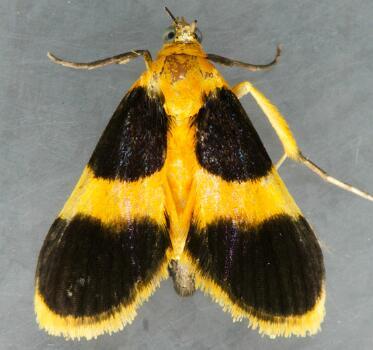
 - © Mark Dreiling
|
| Distribution: |
USA: TX, OK, AR, KY. |
Description/
Field Marks: |
Sexually dimorphic. Males are uniformly yellow-orange except for costa of forewing narrowly margined with black on underside sometimes visible above. Females with large bluish-black patches extending beyond basal third and distal third of forewings. |
| Similar Species: |
- Pinned specimens of related species. (Hint: select View by Region on the related species page.)
|
| Synonymy: |
pucilla (Druce, 1895) (Filodes) - MONA 1983: 4984; TL: Guatemala.subcostalis (Dyar, 1912) (Lygropia) - MONA 1983: [4983]; TL: Mexico, Orizaba. |
| Taxonomic Notes: |
Helvibotys pucilla (Druce, 1895) includes as a synonym 4983 Helvibotys subcostalis (Dyar, 1912) in Munroe (1995), Trop. Lepid., 3: 56. |
|
| References (Caution: DNA barcoding at BOLD provides evidence of relatedness, not proof of identification; some BOLD specimens shown may not be sequenced.) |
- Barcode of Life (BOLD) - Caution: Identifications often erroneous; DNA barcode provides evidence of relatedness, not proof of identification; many specimens not sequenced.
- Druce, H., 1891-1900. Insecta. Lepidoptera-Heterocera. Biologia Centrali-Americana, 2: 263; pl. 62 fig. 27.
- Dyar, H.G., 1912. Descriptions of new species and genera of Lepidoptera, chiefly from Mexico. Proceedings of the United States National Museum, 42: 104 (subcostalis).
- Munroe, E., 1976. Moths of America North of Mexico, Fascicle 13.2a, p. 51; no plate. order or free PDF
- Munroe, E.G., V.O. Becker, J.C. Shaffer, M. Shaffer, M.A. Solis, 1995. Pyraloidea [60. Pyralidae]. Atlas of Neotropical Lepidoptera. Volume 3. Checklist: Part 2. Hyblaeoidea - Pyraloidea - Tortricoidea. Association for Tropical Lepidoptera and Scientific Publishers, Gainesville, FL, 34-79.
- Species Page at BugGuide.Net
- Species Page at iNaturalist
|
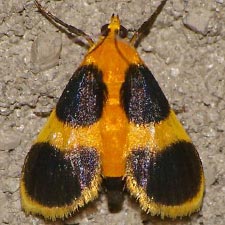
 - © Sandra Beard
|
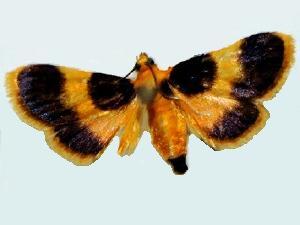
 - © John Fisher
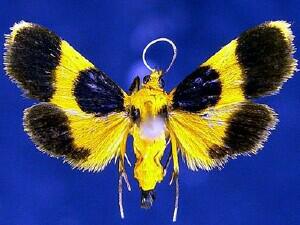
16mm –  - © Jim Vargo
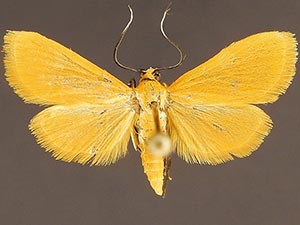
 - 18mm - LG – © Jim Vargo
|
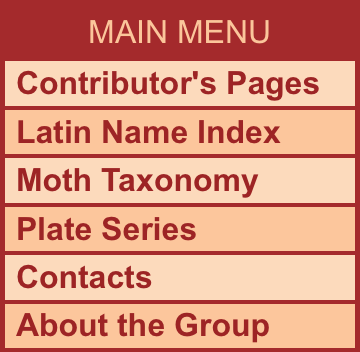



 - © Mark Dreiling
- © Mark Dreiling 
 - © Sandra Beard
- © Sandra Beard

 - © John Fisher
- © John Fisher

 - © Jim Vargo
- © Jim Vargo
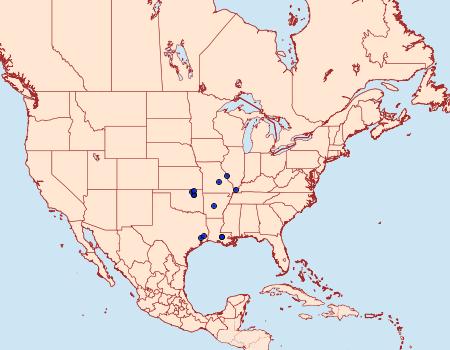

 - 18mm -
- 18mm -